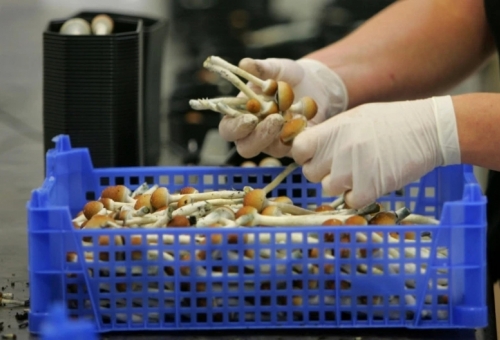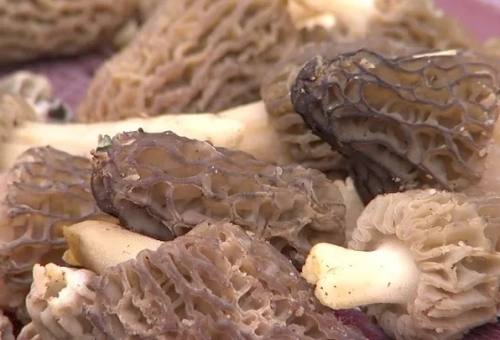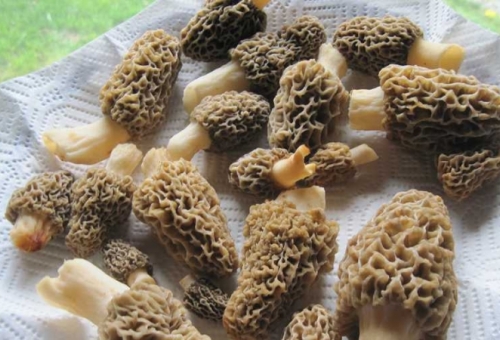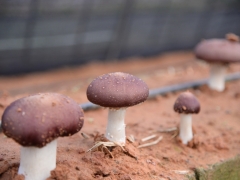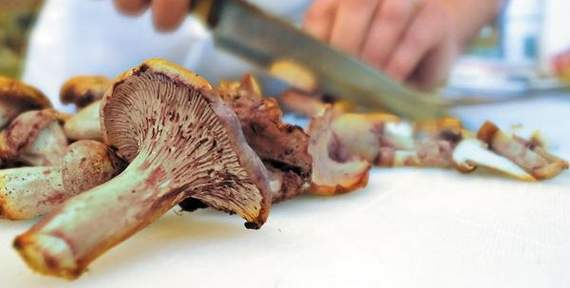
With harvest in full swing, it's also the season to look beyond fields and orchards to the produce of Oregon's woods and wild spaces.
Mushrooms, flush throughout fall in the Pacific Northwest, will be featured next week in a class at Jacksonville Mercantile. Co-owner and chef Constance Jesser also plans to throw in tastes of truffle.
"There's so many people who have never had truffles," says Jesser, whose store stocks the imported fungi dried, in salt, infused in oil, preserved as paste, rolled into pasta and its juice even pearlized as "caviar."
"Truffle oils and truffle salt in any kind of squash in the fall just makes it really wonderful," says Jesser. "Because it's so intensely flavored, you don't need a lot."
French and Italian truffle species are more pungent and prized, but renowned chef and Oregon native James Beard was known for saying the state's truffles hold their own.
Oregon truffles won't appear for another few months, but now is the time for the majority of wild mushrooms: lobster, black trumpet, yellow foot, hedgehog, matsutake and the prolific chanterelle. These can be purchased fresh from foragers at farmers markets around the state or at specialty grocers, as well as dried. The liquid used to reconstitute dried mushrooms also is a flavor enhancer for sauces and fillings.
"I love stuffed mushrooms," says Jesser.
Even cultivated mushrooms — cremini, shiitake and oyster — are stocked in more variety at mainstream stores and attained the rank of trendy edible this year. An annual report by JWT, a worldwide marketing communications company, cited mushrooms as a top functional food. Mushrooms are fat-free, cholesterol-free, low-calorie, low in sodium and, according to the Mushroom Council, the leading source of the essential antioxidant selenium in the produce aisle.Widespread consumer interest in scaling back on meat is pressing mushrooms into service as a savory substitute.
"Because of the umami flavor, it's the closest thing you're going to get," says Jesser, adding that many of her customers and cooking-class participants are looking for ways to make satisfying vegetarian dishes.
"You want something that's really hearty," she says. "You want things that have a big flavor."
So she advocates adding exotic spices, like harissa paste from North Africa and za'atar from the Middle East, to meatless dishes. Her store even has an "umami paste" made from mushrooms, among other ingredients.
Jesser will share various techniques for cooking mushrooms Thursday, Oct. 18, in the Jacksonville store. Because the Mercantile doesn't have a full kitchen, classes aren't hands-on, but rather demonstrations by Jesser, who graduated from the Cooking and Hospitality Institute of Chicago, an affiliate of Le Cordon Bleu. The $25 fee per class includes sampling fare with some wine or a nonalcoholic beverage, as well as copies of Jesser's recipes.
Try these using wild mushrooms.





